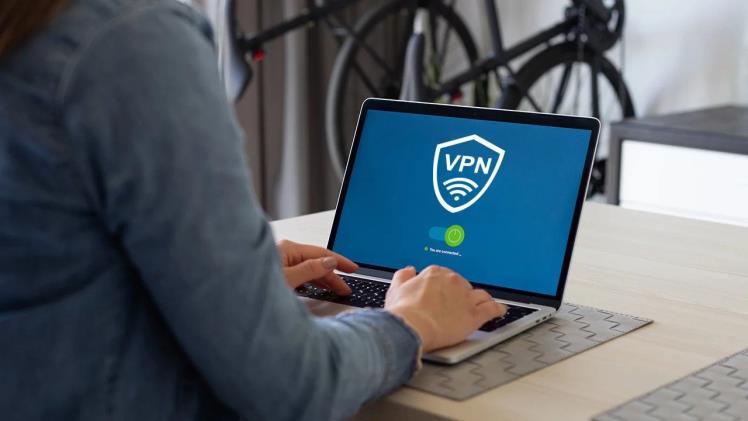VPN is an encrypted network connection that allows the user to surf anonymously by hiding the IP address. For a private individual, it may be a good idea to use a VPN service both for security and privacy reasons.
What is VPN?
What is VPN? VPN stands for Virtual Private Network and is a service that creates an encrypted network tunnel for your internet traffic. This means that the VPN tunnel hides your IP address and everything you do online from outsiders by encrypting your activity. When you use a VPN service, the traffic goes through a server located somewhere else in the world. In this way, your computer is protected from both tracking and intrusion attempts. In addition, your real IP address (which is a unique address for your connected device) is not displayed.
Many companies operate their own VPN servers so that employees can connect to the internal company network when working remotely. VPN is good to use to surf safely when connecting to open Wi-Fi networks. These can otherwise involve major security risks because the person who set up the network has full visibility into everything that happens on it. Here you can read more about the security risks of open Wi-Fi networks.
Using VPN to get around geoblocking
Many people play channels and local streaming services are limited for viewers connecting from abroad. It depends on how the rights agreements look for the films and series that the services show. Geographically restricting content to users of a certain country in this way is called geoblocking.
By using a VPN tunnel, it is possible to get around geoblocking for various streaming services such as SVT Play, Netflix, HBO Nordic, and Via Play. When you start the VPN app on your computer or mobile, all traffic from it is tunneled via the VPN service’s servers. For the streaming service, it then looks like it is the VPN servers that want to stream movies.
Important to choose a good VPN service
A VPN tunnel can be established physically with a VPN router or through a service on the Internet. One recommendation is to avoid downloading “free” VPNs from the net. They tend to work poorly or, in the worst case, abuse your data. To find secure VPN services, a tip is to check current guides from reputable media outlets that write about IT and the internet.
But if you ask us, we would recommend Surfshark because this VPN service is able to filter phishing sites better than similar services. Not only that, but Surfshark is also able to block dangerous malware that can infiltrate your data network and mess things up. But one thing is for sure, avoid free VPN services as much as possible as they usually seek financial gain by selling their users’ data. On the other hand, paid VPN services have earned their own share (of subscription money) and have a code of conduct not to share their user data with third parties.

